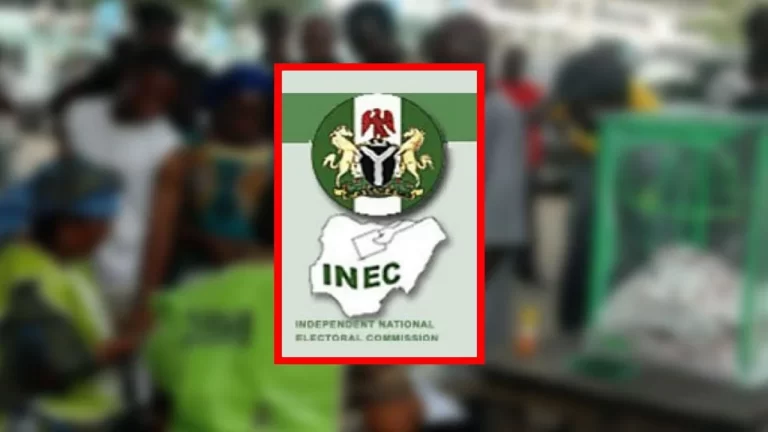Ahead of the forthcoming off-cycle governorship election in Ondo State, the National Chairman of the Independent National Electoral Commission (INEC), Prof Mahmood Yakubu, has met with heads of security agencies in the state.
Arogidigba Global Journal gathered that the meeting at the state office of the commission in Alagbaka, Akure, the state capital, was to enable the electoral body and relevant stakeholders to brainstorm strategies on how to ensure a seamless exercise.
In the meeting held under the aegis of the Inter-Agency Consultative Committee on Election Security (ICCES), the INEC boss revealed that issues that could disrupt the buildup to the November 16 polls had been adequately reviewed.
The security agencies and other stakeholders at the meeting included the Police, Department of State Services (DSS), Nigerian Correctional Service, Nigeria Security and Civil Defence Corps (NSCDC), National Youth Service Corps (NYSC), Nigeria Immigration Service, and Nigerian Army.
Others included the Nigeria Customs Service, the National Drug Law Enforcement Agency (NDLEA), the Independent Corrupt Practices and Other Related Offences Commission (ICPC), the Federal Fire Service, and the National Orientation Agency (NOA).
While assuring residents of the state of a hitch-free electoral process, Yakubu, who urged politicians to play by the rules, disclosed that over 200,000 Permanent Voter Cards (PVCs) were still uncollected in the state.
Emphasising that INEC is not a political party, the INEC Chairman maintained that the responsibility of electing the next governor of the state lies with the people.
“This is going to be the third governorship election conducted by the present commission in Ondo State. I was here in 2016 for the same purpose.
“I was here in 2020 for the governorship election, and by God’s grace, we’ll be here again in November 2024 for yet another governorship election.
“We reviewed the challenges generally. There are areas with issues that are known; there is nothing extraordinary requiring some extraordinary action, but we recognise the need for us to continue to be vigilant when working with the security agencies.
“All the flash points have been identified, including the types of threats across the 18 local government areas, and we have shared the information with the security agencies who will do the needful.”
